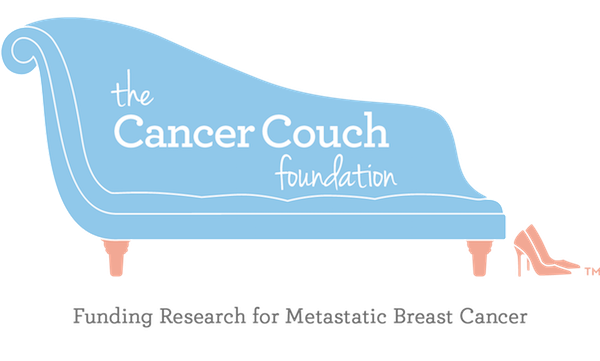Memorial Sloan Kettering Cancer Center
|
Sarat Chandarlapaty, M.D., Ph.D.
Assistant Member and Laboratory Head, Human Oncology and Pathogenesis Program; Assistant Attending, Breast Medicine Service; Memorial Sloan Kettering Cancer Center. Assistant Professor, Weill Cornell Graduate School of Medical Sciences. Sarat Chandarlapaty completed a PhD in Biochemistry in 1998 at the University of North Carolina with Professor Beverly Errede working on signal transduction in Saccharomyces cerevisiae. He then obtained his MD in 2002 at the Wake Forest School of Medicine and completed his internal medicine residency training at New York Hospital in 2004. He completed his training with a fellowship in oncology at Memorial Sloan Kettering Cancer Center (MSKCC). In 2012, Sarat became a Laboratory Head in the Human Oncology and Pathogenesis Program at MSKCC as well as an attending physician on the Breast Medicine service. Sarat Chandarlapaty has focused his career on understanding the regulation of growth factor and hormone signaling in breast cancer and the implications for therapy. During his postdoctoral fellowship in Neal Rosen’s laboratory, he investigated regulation of the PI3K/AKT pathway and published the mechanisms by which this pathway is regulated by physiologic feedback to receptor tyrosine kinases (Chandarlapaty et al., Cancer Cell 2011) and the estrogen receptor (Bosch et al., Sci Trans Med 2015 –Co-corresponding). He demonstrated how loss of this feedback from drug inhibition leads to attentuated responses to PI3K/AKT targeted therapies and which components of the pathway represent the optimal targets (Will et al. Cancer Discovery 2014 –Co-corresponding). This has led to the development of drug combination strategies (PI3K plus ER inhibitor) that are now in Phase 3 testing. Since starting his own laboratory, Sarat has focused his study into understanding the dependencies of the estrogen driven subset of breast cancers. He published a landmark study identifying mutations in estrogen receptor (Toy et al., Nature Genetics 2013 -Corresponding) as common mediators of acquired resistance to hormonal therapy. He has gone on to characterize the clinical significance of these alterations showing their prevalence and impact on patient outcomes (Chandarlapaty et al., JAMA Oncology in press). His laboratory is now evaluating novel estrogen receptor antagonists to target these mutants along with analyzing mechanisms that bypass ER signaling such as are being observed in tumors that develop resistance to CDK4/6 inhibitors. |


